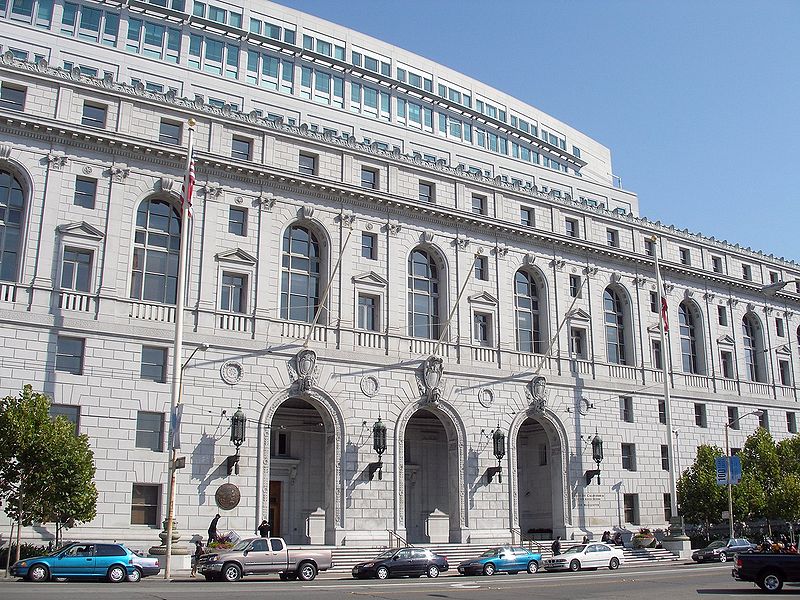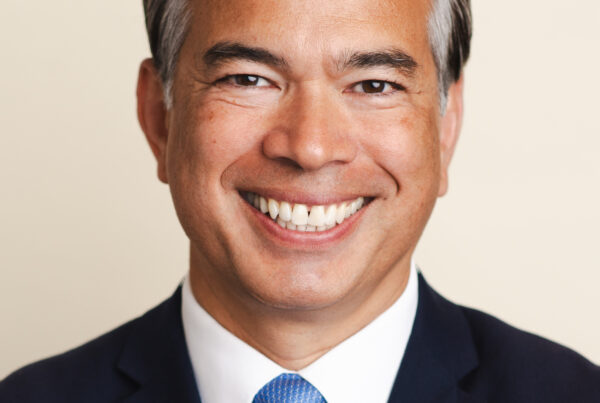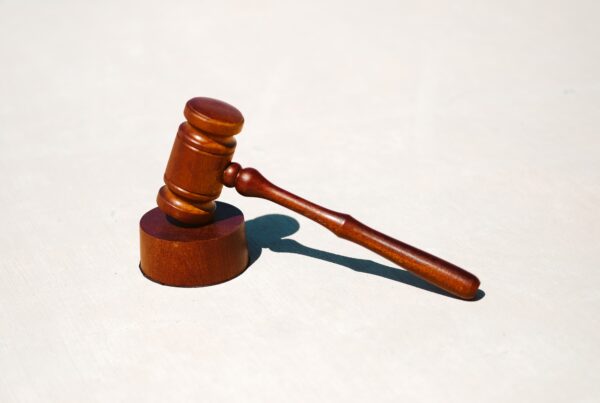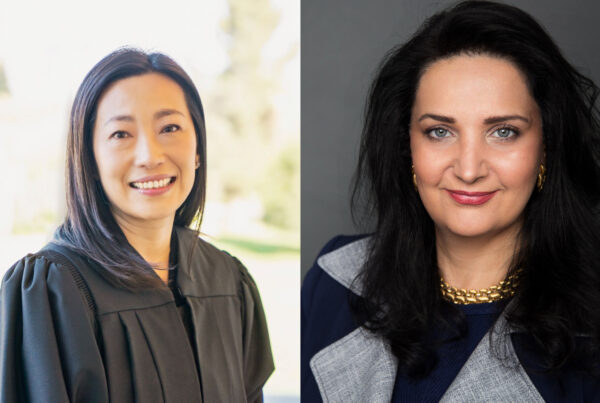Judges can advocate for themselves, and others, in elections and recalls, a California ethics committee said Nov. 19.
The California Supreme Court Committee on Judicial Ethics Opinions clarified judicial ethics following the first successful judicial recall campaign in California’s history since 1932, and an aborted call to recall a San Bernardino Superior judge.
Judicial ethics canon 3B(9) allows judges to publicly comment on pending proceedings related to a judicial election or recall campaign as long as the comment would not reasonably be expected to affect the outcome or perceived fairness of the proceeding, and the comment is about the procedural, factual or legal basis of the judge’s decision, the advisory opinion reads.
Santa Clara Superior Judge Aaron Persky was recalled in 2018 after sentencing convicted rapist and Stanford University swimmer Brock Turner to six months in jail at the recommendation of the parole report.
Canon 3B(9) was added to the Code of Judicial Ethics in response to Persky’s recall, according to the opinion: “In connection with a judicial election or recall campaign, this canon does not prohibit any judge from making a public comment about a pending proceeding, provided (a) the comment would not reasonably be expected to affect the outcome or impair the fairness of the proceeding, and (b) the comment is about the procedural, factual, or legal basis of a decision about which a judge has been criticized during the election or recall campaign.”
The Chino City Council and Riverside Sheriff Chad Bianco both told San Bernardino Superior Judge Cara Hutson to resign, after a felon whose case she presided over fatally shot Sheriff’s Deputy Isaiah Cordero.
Following this, the American Board of Trial Advocates sent an open letter to Follow Our Courts, and placed an advertisement in the Los Angeles Times, defending her rulings. Riverside Superior Court also hosted an educational town hall about the importance of the independence of the judicial branch. Hutson did not make a public statement on the calls to resign.
Following public comment, the draft opinion was changed to allow judges to enlist the help of others.
The draft opinion told judges to ask for advice from legal associations when deciding to respond to criticism, while the final opinion says judges can enlist the assistance of those third parties to respond to criticism.
Another sentence, which directed judges “utilize this tool with concern,” was also removed.
The changes appear to be the result of public comment.
San Bernardino Superior Judge Khymberli Apaloo provided public comment on the draft opinion, expressing a concern that it was too restrictive.
“In my experience, focusing on what judges can do for themselves and their colleagues is crucial. Getting the support of lawyers, law schools and bar associations is one part of the strategy to combat criticism, but the other part is for the public to hear from judges, get to know judges and see the criticized judge through that judge’s own presentation, not one that is put on for them while they ‘hide away.’ Coming across as fearful of the challenge, aloof, or ‘out of touch in an ivory tower’ is part of the criticism we often face. We lose public support when we are perceived in that light. This opinion encourages the behavior that leads to our loss of support, both individually and as a branch,” Apaloo wrote in public comment.
The California Judges Association also wrote in, echoing Apaloo’s concerns.
“CJA joins a chorus of others who believe this trust deficit is in large part due to a lack of information about the third branch of government, at both the state and federal levels. In the last year alone judges in California have been verbally attacked, faced calls to resign, and even received death threats, all for lawfully and ethically performing their jobs. The level of assault on the judicial branch and on individual judges is unprecedented,” their letter said.
“A very realistic concern is that an opinion of this nature, with a recommendation that the judge and judicial colleagues refrain from comment and rely upon bar associations and law schools, could be used against judges in a disciplinary proceeding,” it continued.
Read the public comment here.
Read the opinion here.








